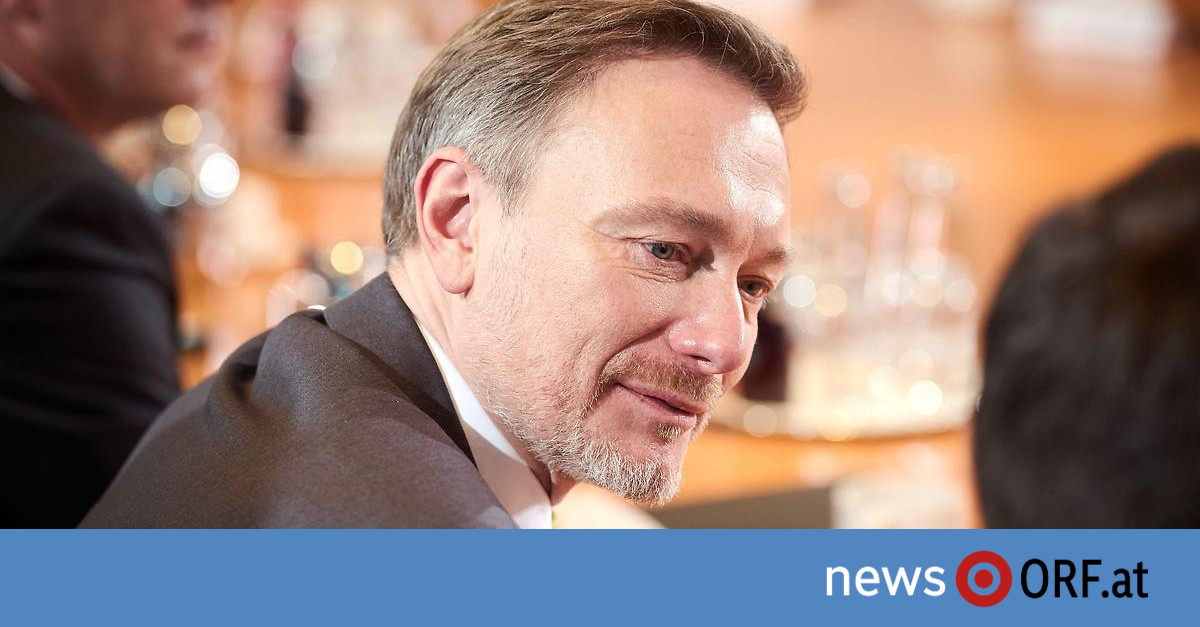For several days, German Chancellor Olaf Scholz (SPD), Lindner and Economy Minister Robert Habeck (Green Party) have been trying to agree on a framework for the 2024 budget in secret talks. Green Party leader Ricarda Lange said in an interview with Bavarian Radio (BR) on Wednesday morning: “I do not assume that a decision on a new draft budget will be made in the Cabinet today, but the political decision will follow very soon.”
It has recently been said in Budget Committee circles that in theory, a decision by the end of the week might suffice using the circular process – if the Government is given shortened deadlines. However, there will be a lot of time pressure in this scenario. Depending on how extensive the changes in the draft 2024 budget are, hearings, review time and perhaps even the recall of individual ministers and representatives of particularly affected departments are said to be necessary.

The initial budget can come into effect
Government spokesman Stephen Hebstreit was less optimistic than Lang, but said on Wednesday he was “certain” a Cabinet decision would be made before the start of the year. A formal decision in the Bundestag will likely only be possible next year from mid-January. In this case, the interim budget will initially be implemented at the beginning of January, and only necessary expenditures will be allowed. However, the situation could then develop into a real government crisis. But given current poll numbers, none of the three parties would benefit from a coalition collapse.
At its core, the budget dispute revolves around the question of whether the debt brake provided for in the Basic Law should be suspended again due to the state of emergency. The SPD and Greens want it, but the FDP rejects it. Last week, the Federal Constitutional Court in Karlsruhe declared the reallocation of credit authorizations to deal with the coronavirus crisis to a fund to support economic transformation unconstitutional – thus largely removing the basis for the government’s practice of taking on government debt outside the scope of the regular system. Budget and thus debt brake gimmick.
There is a risk of a budget deficit of 17 billion euros
Finance Minister Lindner estimates the gap in next year’s budget at about 17 billion euros. It arises, among other things, from the provisions and effects of various private funds financed by loans. There is talk elsewhere in the coalition of larger sums, which is why the SPD and Greens want to suspend the debt brake again in favor of increased investment.
The positions of the coalition parties differ
The Greens are calling for the creation of a new special fund to invest in climate protection. The FDP wants to make special savings in the social sector – the largest item in the federal budget. However, this is unlikely to be implementable shortly before the SPD congress.
In an interview with ARD Capital Studio, Lindner criticized the “appetite” for increasing amounts of money: “We have enough money. “We just have to make better use of the money we have.” He rejected calls to increase taxes and change debt control rules.

“Food practitioner. Bacon guru. Infuriatingly humble zombie enthusiast. Total student.”








More Stories
Kyiv: Russian Kursk offensive halted
US Presidential Election: Former US Government Officials Warn Against Donald Trump's Election
Netherlands wants to leave asylum system